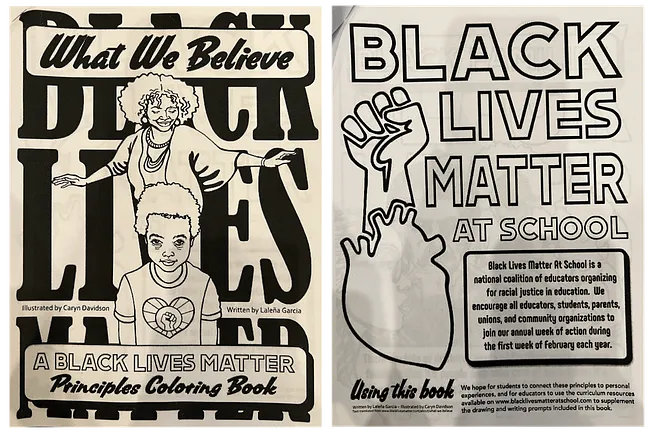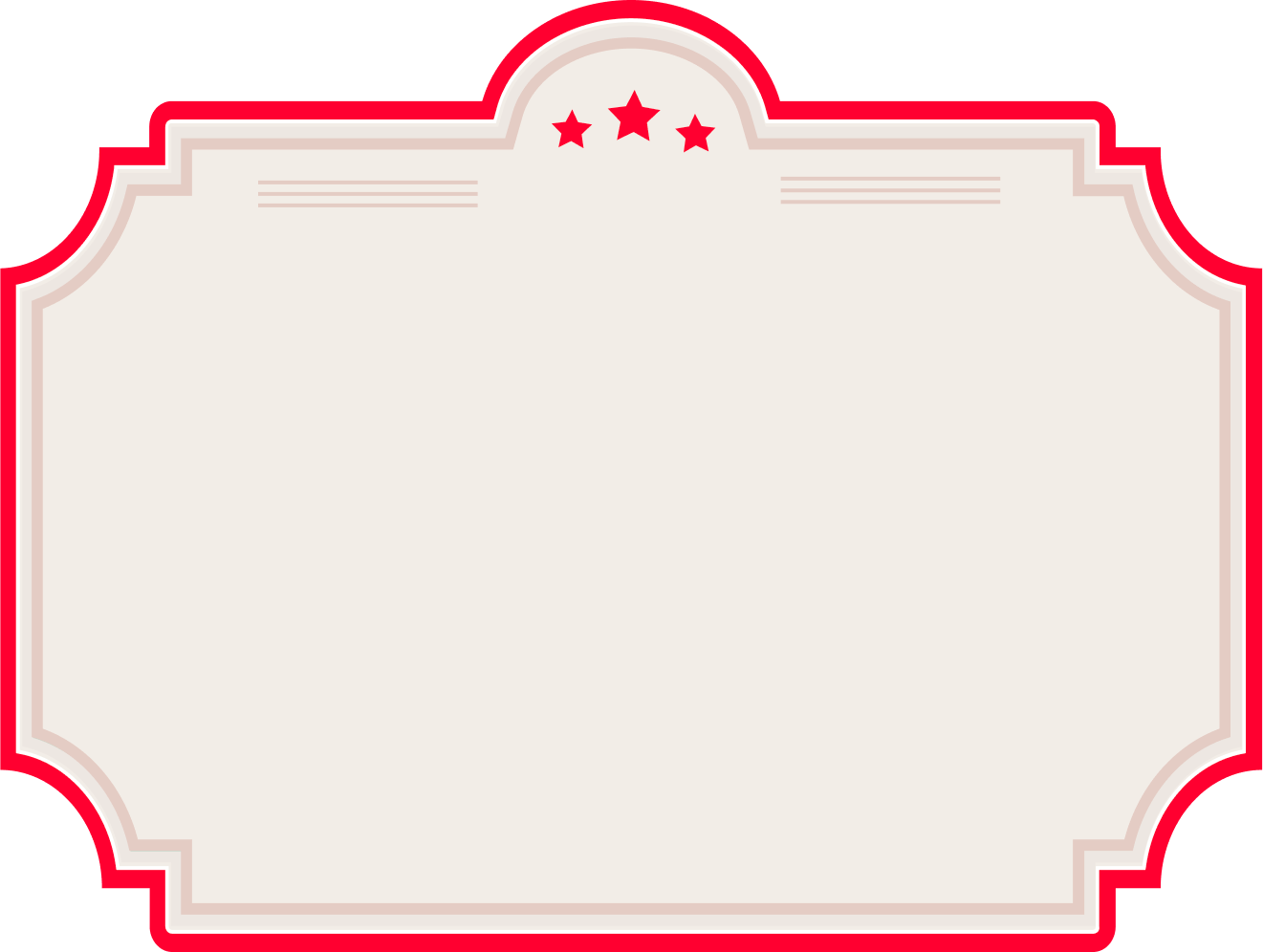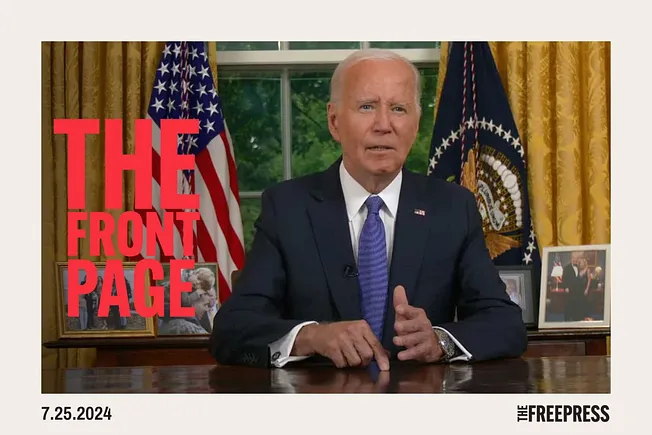Today from The Free Press: the heroism of the Tuskegee Airmen, the cancer fraud crisis, an AI update, and more.
But first, another classroom scoop from Free Press reporter Francesca Block.
This Black History Month, kids at a Brooklyn elementary school are being taught revolutionary politics and communist terms through a Black Lives Matter coloring book.
The coloring book lists the thirteen tenets of the BLM movement, including “Queer Affirming,” “Transgender Affirming,” and “Restorative Justice.” It also lists BLM’s “national demands” like “mandate black history & ethnic studies,” “hire more black teachers,” and “fund counselors not cops.”
Take a look for yourself:
Parents at this Park Slope school only found out what their children were learning after a recent snow day forced them to learn from home. And when they saw the coloring book, they were shocked.
One mother of a ten-year-old student at PS 321, whose grandparents fled Communist China before moving to the U.S., said she and her husband were particularly appalled by the book’s use of the word comrade. “Using the word comrades comes from Communist times,” she said. “They are using words that I don’t think are appropriate for elementary school.”
Read Francesca’s exclusive here:
Here’s a crazy idea. Maybe, instead of teaching fourth-graders to “disrupt the Western-prescribed nuclear family structure,” we should use Black History Month to teach them some actual black history. The stories of Frederick Douglass and Rosa Parks and Martin Luther King Jr., for example.
Or the Tuskegee Airmen, the first African American pilots in the U.S. military, who overcame discrimination and cruelty to serve their country in World War II.
Writing in The Free Press today, federal judge Matthew Solomson explains why a picture of the Red Tails—the P-51 fighter planes piloted by the Tuskegee Airmen during World War II—hangs in his chambers:
While our country treated the Tuskegee Airmen terribly—indeed, there are stories of the U.S. military treating Nazi POWs better than our own black soldiers—the Tuskegee Airmen didn’t seek special treatment or advancement. Instead, they were patriots who simply sought the opportunity to serve the country they loved just like everyone else. They wanted to show their fellow Americans that they were fully committed to the American cause. Equally important to their story is that when they got their chance to serve, they proved naysayers and white supremacists wrong. They did their job arguably better than anyone else, losing far fewer bombers than the average fighter group did.
Matthew sees the Airmen’s triumph not only as an inspirational story in and of itself, but also as a direct rebuke to today’s “trendy solution” of promoting racial equity by lowering educational standards. Read Matthew’s full essay on what we can learn from the Tuskegee Airmen here:
Ten Stories We’re Reading
Joe Biden will email 153,000 student loan recipients to tell them he has canceled their student debt. (Politico)
Iran sent 400 ballistic missiles to Russia. (Reuters)
Biden and Trump are both agents of chaos. (Discourse)
Biden is outraising Trump. (CBS)
A Jewish cyclist has been uninvited from an International Women’s Day event in Canada because she served in the IDF. (Daily Mail)
America’s sports betting industry posted $11 billion in revenue last year, a record high and a 45 percent increase from 2022. (ESPN)
Over 7.2 million migrants have entered America illegally since Biden became president. (Fox News)
Polish farmers have blockaded the country’s border with Ukraine to protest against an influx of Ukrainian products into the Polish market. (NYT)
It’s been thirty years since food ate up this much of your income. (WSJ)
New research has found that exercise is twice as effective as antidepressants. (The Telegraph)
We’re Not Curing Cancer Here, Guys
A top cancer surgeon at Columbia University is under scrutiny after one of his research papers was retracted for containing suspect data. Twenty-six other studies by Dr. Sam S. Yoon, who conducted his research at the Memorial Sloan Kettering Cancer Center, have been flagged as suspicious by a British scientific sleuth called Sholto David. David raised the alarm after spotting the same images across different articles that described wholly different experiments. He has also found duplications and manipulated data in papers published by researchers at the Dana-Farber Cancer Institute in Boston that have since been retracted.
This news shocked me: leading scientists at some of the most respected research centers in the world, working on the very important and well-funded fight against cancer are. . . making stuff up. That seems bad. Really bad. And it poses a lot of unsettling questions, like whether we can really trust medical research at all. But maybe I am missing something. In search of reassurance, I called up an expert: oncologist, UCSF professor, the author of more than 500 academic papers, and Free Press contributor Vinay Prasad.
Here’s an edited version of our conversation. (Spoiler alert: I was not reassured.)
Vinay, how worried should we be about the problem of fraud in cancer research?
Extremely worried. There’s something very unique about all these papers that allows people to find the fraud, and that is they report the raw data, in the form of images. Most papers, though, do not contain images. The data is all hidden. The researchers only provide a summary of the data. You have to worry how much fraud you’d find if everybody provided all the raw data. I suspect you’d find a gargantuan amount of fraud. This is merely the tip of the iceberg.
Most laymen like me assume all the data is transparent in medical research. You’re telling me that’s not how it works?
Scientific papers are like someone’s dating profile on an app. They’re picking what pictures to show you and what stories to tell you. You don’t get to see the whole library of photos on their phone. Researchers are only presenting a sliver of what they’ve actually done. And just like a dating app on your phone, everything is inaccurate.
That’s shocking, Vinay. What can we do about it?
These concerns have been brewing for a while and they are reaching a tipping point. The fact that there’s been so much plagiarism at Harvard and there’s been all this image manipulation shows that the most venerable institutions are no safeguard against malfeasance.
What punishment have any of these researchers actually faced? Claudine Gay resigned, although was shuffled into a role that paid her very well. All of the authors of these disputed papers have, to my knowledge, faced no sanction. Their paper gets withdrawn, but they still get promoted. There’s no punishment.
A few years ago, there was a proposal by the International Committee of Medical Journal Editors arguing that every paper published in the top journals should make the raw data available. That proposal was shot down because people were worried about their careers, and that other researchers would take their data and use it to make breakthroughs before them. Sharing is the solution. You should have to make all the data available whenever you publish medical research.
An Update from Technology’s Bleeding Edge
It’s a busy time in the world of AI. Last week, Open AI unveiled Sora, its new text-to-video AI model. From a written prompt that’s just a few sentences long, Sora produces stunningly detailed videos. If you haven’t already seen the results, they’re worth a watch. Compare these clips with the text-to-videos AI produced last year when asked for footage of Will Smith eating spaghetti.
But just when it seemed like AI might take over the world, the AI models proved we humans still have time left in the driver’s seat. On Tuesday, The Mirror reported that ChatGPT started responding to users in Spanglish and threatening them. In other words, behaving a bit like your correspondent after his third margarita.
This week also saw Google launch the latest version of Gemini, its chatbot that generates text and images from user prompts. The problem? Gemini didn’t seem too keen on white people. Asked to create an image of a white person, Gemini said that to do so would be “harmful.” And here’s what Gemini created when one user asked it to generate an image of a Viking:
Gemini Experiences Senior Director of Product Management Jack Krawczyk told Fox News Digital the company was “working to improve these kinds of depictions immediately.”
Oliver Wiseman is a writer and editor for The Free Press. Follow him on X @ollywiseman.
And become a Free Press subscriber today:


















our Comments
Use common sense here: disagree, debate, but don't be a .